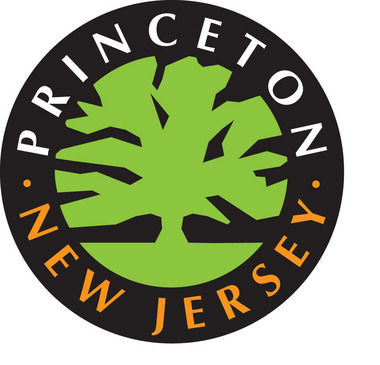By Philip Sean Curran, Staff Writer
The Princeton Council on Monday retreated from changing parking rules in a section of the Witherspoon-Jackson neighborhood amid a backlash from residents who would have had to start paying for permits to park on the street during overnight hours., Council delaying a decision until later this year on an ordinance charging $30 per quarter or $120 per year for a permit to park between 6 p.m. and 9 a.m. Low-income residents would be eligible for a reduced rate, of $15 per quarter or $60 a year, an amount that still was too much in the words of one resident., “Forcing these low-income families to pay $60 a year, it might not seem like a burden to you,” Sarah Torian of Leigh Avenue told the governing body. “But it is a significant burden to families that are working multiple jobs and living paycheck to paycheck and barely making ends meet.”, As part of their effort to harmonize regulations from the old borough and township, council members had proposed bringing four streets in the former township – Leigh and Birch avenues and Race and John streets – into conformity with the rest of the larger neighborhood. The town is faced with residents playing by two sets of rules; some who have to pay for parking permits if they live in the old borough, and others who don’t if they live in the old township., In trying to rectify that, officials tried to come up with one set of regulations for everyone., “The challenge of rationalizing the parking rules in the township and the borough in the Witherspoon neighborhood have been the thorniest,” Councilwoman Jenny Crumiller said during the meeting. “Everywhere in downtown areas, but especially in the Witherspoon-Jackson neighborhood, parking spaces are a limited resource.”, Council sought to phase in the rule changes, to take effect Jan.1., 2018., At the moment, residents of those four streets are eligible for one free permit if their home has a driveway and two permits if their home doesn’t have one. The town said last month that it had sent out 370 permits to property owners living in that part of town., The proposed ordinance included a grandfather clause to protect current homeowners from a change in the rules that would impact new residents of those streets., All future homeowners would be allowed to buy just one permit, only if they don’t have a driveway. For residents with a driveway, they would get nothing – a scenario that one resident said would lead to reduced property values., During the night, residents raised concern about the hardships the new rules would have on families where both homeowners need cars to get to work., “Princeton residents should not be limited to one residential parking permit,” said Catherine Millett, of John Street., But for Crumiller, the parking permit issue was part of larger goals she and others share about having a more walkable community, addressing traffic and helping the environment by cutting down on vehicle emissions. She said the “municipality should not provide free permanent parking spaces on public rights of way.”, In her view, “people who own cars should pay for parking.”, The night got a little emotional, with some residents calling out from their seats, including one man telling officials, “Don’t talk down to us.”, Leigh Avenue resident Deborah Peikes told council she had canvassed her neighborhood gathering signatures for a petition. She found deep opposition to the proposed changes., “Every person we talked to in the neighborhood was vehemently opposed and, frankly, very upset about the political system that would lead to something that would so disproportionately hit our neighborhood,” she said., The town decided to forgo a decision until a firm – hired to do a parking study – releases its report later this year. For his part, Councilman Lance Liverman told residents that officials hear their concerns., “We’re not here … to put our foot on your neck or hold you down,” he said. “We understand taxes are high.”, Later in the meeting, Councilwoman Heather H. Howard offered caution against changing rules that people have grown accustomed to. She suggested council’s first and overriding instinct should be “do no harm.”, “To me,” she said, “it will not be a failure if we don’t harmonize, if we don’t change the rules, because that’s respecting the way people have chosen to order their lives.”

